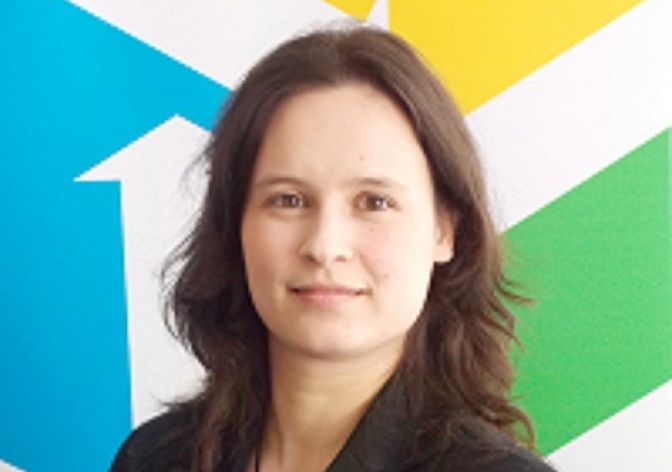La Redazione
We are moving forward to the Congress “Towards a European Circular Economy”, and since the congress is fast approaching we would like you to know more about some of the participants. We had the chance to interview Eszter Tanka, from the Hungarian National Waste Management Agency, who will join the meeting talking about the EWWR in Hungary on the 22nd of May, in the afternoon. The interview will be published in two parts, so don’t miss tomorrow’s publication.
Dear Eszter, could you describe us some of the characteristics of the Hungarian reality?
To illustrate the situation properly let me start with a number that speaks for itself: today in Hungary 9.1 million people have the opportunity to collect waste separately but just 1.2 million of them actually do so. This rate is relatively low due to the fact that this kind of collection system came to existence only 10 years ago. On the other hand, the regulations referring to environmental protection could be harmonized early during the EU accession negotiations started in 1998; the first Hungarian Waste Management Act was born in 2000. (Hungary is part of the EU since 2004.)
Due to the Central Eastern European peculiarity a mixed version of the MSW service was developed that differs both in quality and price, the provided “service package” is also different. Because of the EU directive of packaging waste separate collection had to be launched mostly with the help of collection sites and with an increasing number of collection islands.
Since with the previously applied system only low recycling rates could be achieved, there was a need for quality improvements. In 2011 the overall reform of the Hungarian waste management sector began. The new strategy based on the approach that the collected materials should be regarded as resources both on governmental and industrial level.
In this process the National Waste Management Agency (NWMA) has a designated role to develop new efficient strategies. Besides co-financing the existing system to increase collections we analyse several alternatives just like the introduction of mandatory deposit system or complex sorting system. Our aim is to determine those directions of developments that could contribute to positive changes on the field of environmental protection and of employment within the next 5-10 years. Now we could state that we are at a point where the political and the strategic goal is to divert waste from landfills.
Through our examination for alternative solutions a survey was carried out as a result of which now it could be seen that over 70 percent of the inhabitants agree with the importance of separate collection and – as they admitted it – they actually do the separation. According to the actual results this rate is just around 10 percent, though.
So Hungarian people seem to realize the problems of waste collection and agree with the possible solutions, but still, they do not act accordingly. Therefore, NWMA organizes nationwide awareness raising campaigns focusing on motivating people to take actions. A good example is the Hungarian clean-up day entitled “YouGrabIt! – voluntarily for a cleaner Hungary” this year organized within the framework of the “Let’s Clean Up Europe!” initiative.
Thank you Eszter, could you tell me something more about your participation to the EWWR: how did this experience unfold in your country and what did it represent for citizens?
The year 2013 was the second time when the NWMA took part in this Europe-wide initiative. In 2012 NWMA was an action developer, while in 2013 we took part in this event as the Hungarian national coordinator.
In Hungary – compared to the results of the 2012 year event – a four times higher number of actions was registered in 2013. All together 28 action developers joined the European Week for Waste Reduction initiative. The applicants were mostly educational institutions, workplace communities, municipalities and civil organizations.
I could proudly highlight that one of our award nominees, the project of the kindergarten of Dabas is one of the three finalists in the category of educational institutions.
We believe that the increasing number of participants shows that bottom-up initiatives should have an increasing importance. It also shows how big role an educational institution can play in influencing society in a positive way, and how much these initiatives depend on the attitude of people. We are convinced that the EWWR is an excellent action and this year we intend to develop an even more intensive countrywide campaign to ensure a wider popularization.

